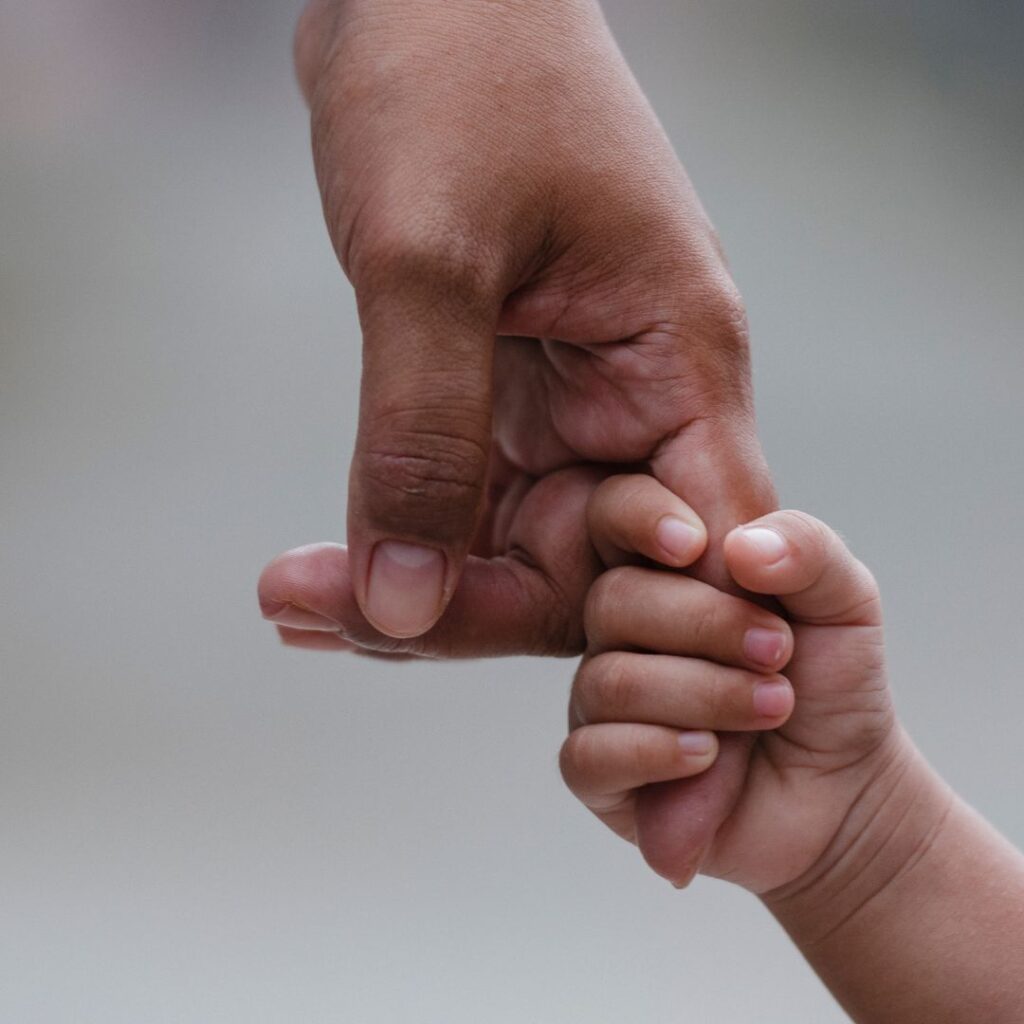Family Law Attorney McHenry IL
At Diamond Divorce Law, we know that family is more important than anything for our clients. That’s why our experienced family law team works with clients in a range of services to ensure that your families are kept safe and taken care of, regardless of the circumstances.
Protecting your rights and your family
Every divorce case is different –
our approach is tailored to you.
There are a lot of details and nuances that go into a divorce case, and you deserve to work with a legal team that put you and your family first.
A good family law attorney can help you navigate all of the issues that accompany divorce, like custody, alimony (maintenance), child support, and more.
In addition to these issues, we also work with clients who are facing other types of familial issues, from post decree issues (after divorce) to orders of protection, guardianship and paternity.
In addition to helping you navigate every stage of your divorce, following are some more ways our team at Diamond Divorce Law can help you and your family.

Divorce
Parentage is the legal relationship between a parent and a child. When your divorce leads to other family law issues such as child support, parenting time, and decision-making power, parentage may need to be established before moving forward with these types of decisions. This process involves a good amount of paperwork as well as a hearing, so it’s a good idea to hire an experienced attorney.

Uncontested Divorce
During a divorce that includes children, the courts in Illinois will use both parents’ incomes to calculate the amount of child support that will need to be paid.
Illinois also has guidelines as to the amount of child support to be paid and the courts must follow these guidelines unless there is a finding by the court establishing a reason to vary the guidelines.

Limited Scope
Alimony, also known as maintenance, is the payment from one former spouse to another in order to help support that spouse’s finances after a divorce. In Illinois there are also guidelines for alimony based on the income of the parties. If a court determines that a party is entitled to alimony, it may follow the guidelines unless there are specific reasons not to follow them.

Parentage / Paternity
Parentage is the legal relationship between a parent and a child. When your divorce leads to other family law issues such as child support, parenting time, and decision-making power, parentage may need to be established before moving forward with these types of decisions. This process involves a good amount of paperwork as well as a hearing, so it’s a good idea to hire an experienced attorney.

Child Support
During a divorce that includes children, the courts in Illinois will use both parents’ incomes to calculate the amount of child support that will need to be paid.
Illinois also has guidelines as to the amount of child support to be paid and the courts must follow these guidelines unless there is a finding by the court establishing a reason to vary the guidelines.

Alimony / Maintenance
Alimony, also known as maintenance, is the payment from one former spouse to another in order to help support that spouse’s finances after a divorce. In Illinois there are also guidelines for alimony based on the income of the parties. If a court determines that a party is entitled to alimony, it may follow the guidelines unless there are specific reasons not to follow them.

Custody
At Diamond Divorce Law, we work with clients dealing with a variety of family law issues before, during and after their divorce, including child custody. With over four decades of experience, our attorneys know how to help clients advocate for their families.

Orders of Protection
In some situations, family law cases stem from danger or domestic violence. Luckily, Illinois law has orders of protection that can help protect a victim from their abuser. Protective orders can also require other actions for you and your abuser to take for your protection.

Guardianship
When someone is unable to make and communicate responsible decisions about their personal care and/or finances because they have a disability, they may need a guardian. If you have a loved one who may need the benefits that come with guardianship, you should speak with an Illinois family law attorney as soon as possible.
What Are the Advantages of Having a Family Law Attorney?
Having a family law attorney by your side during family law matters provides invaluable support, especially when dealing with complex legal issues. An experienced family law attorney in McHenry, IL, like those serving McHenry County, Illinois, can navigate the intricacies of family law and offer the legal representation needed to achieve the best possible outcome.
A family law attorney who has graduated cum laude from institutions like the John Marshall Law School or Chicago-Kent College has the legal knowledge and expertise to handle various family law cases. Whether it’s child custody, child support, or post-decree matters, a skilled family law attorney can craft a personalized legal strategy that aligns with your specific needs. For instance, a family law attorney McHenry IL residents trust often provides legal services for clients in McHenry County, Lake County, and even northern Illinois, ensuring that all family law matters are addressed comprehensively.
Family law matters often involve emotional and financial issues, making it crucial to have an experienced attorney who can guide you through the process. An Illinois family law attorney who has practiced law for years, perhaps starting as an assistant state’s attorney, and who has experience in both the Illinois Appellate Court and the Illinois Supreme Court, brings a level of legal experience that is critical in high-stakes cases.
In McHenry County IL, a family law lawyer from a well-established law firm can also provide specialized legal support, such as representing clients in collaborative law, guardianship for disabled adults, and uncontested divorce cases in the United States District Court. Many family law attorneys offer a free consultation, giving you the opportunity to discuss your family law issues and develop a legal strategy without initial financial commitment.
Whether you are dealing with parenting time disputes or complex financial issues, the advantage of having a family law attorney is the assurance that you have a dedicated professional advocating for your best interests in every aspect of your family law case.
The Diamond Legal Team
We’re here for you.
Our team has one goal in common: helping you reclaim your life.
Many of us have been through divorce, and all of us have loved ones who have. You deserve a legal team that understands what you’re going through and is ready to stand beside you.
We listen, we return phone calls, and our entire team is here to help make sure you get the support and resources you deserve.
We’ve helped hundreds of clients navigate the divorce process, custody battles, and other family law issues, and we’re here to help you.
Our process is streamlined, informative, communicative, and produces the best possible outcome for you, your children, and your finances.
.





